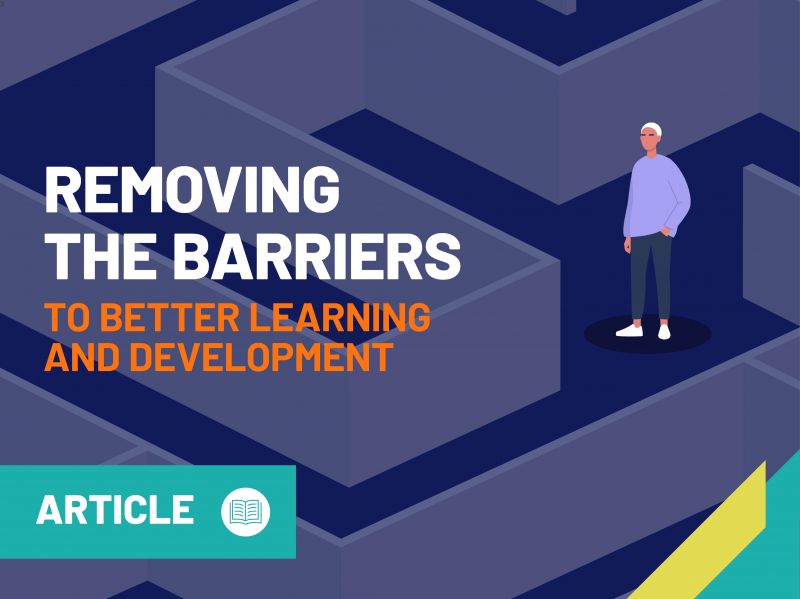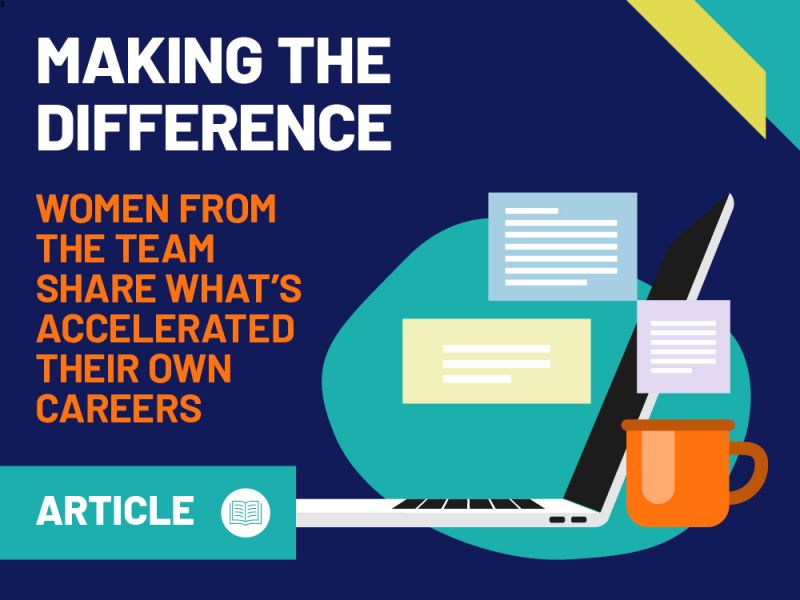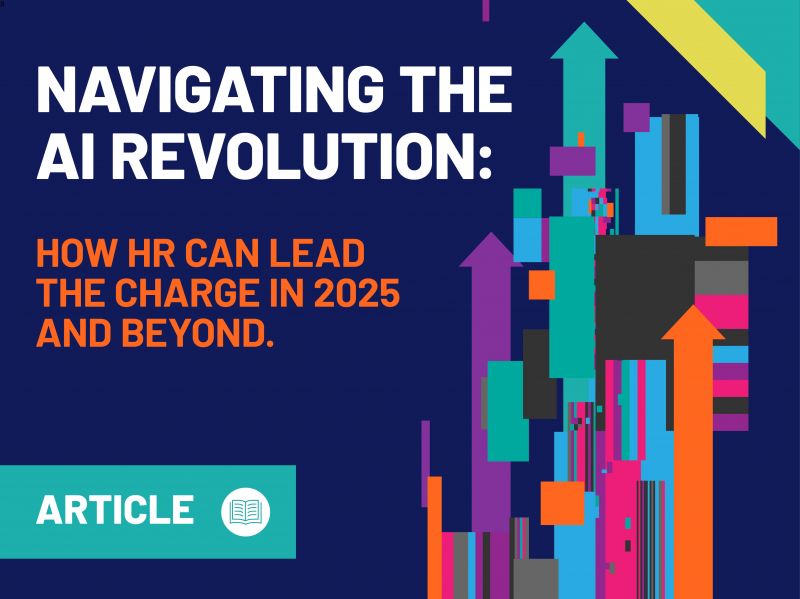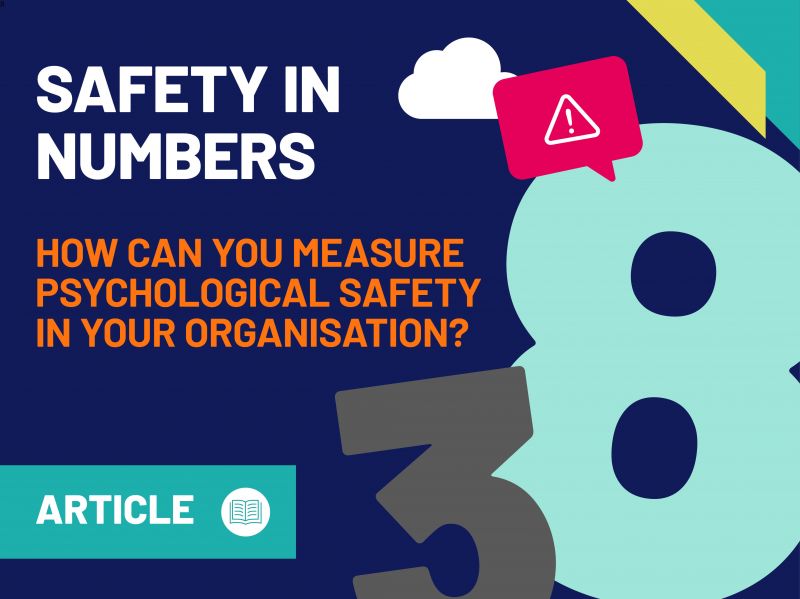To mark International Women’s Day 2023, we explore the relationship between part-time working and gender equality, and advise on how organisations can improve their adoption of this flexible working approach.
New data from four financial services organisations shows access to flexible working is more important to women than to men when considering a new job.
New data from Ipsos Karian and Box shows that women are significantly more likely than men to say that flexible working opportunities are one of the most important factors when considering a new job, second only to the pay and benefits package.
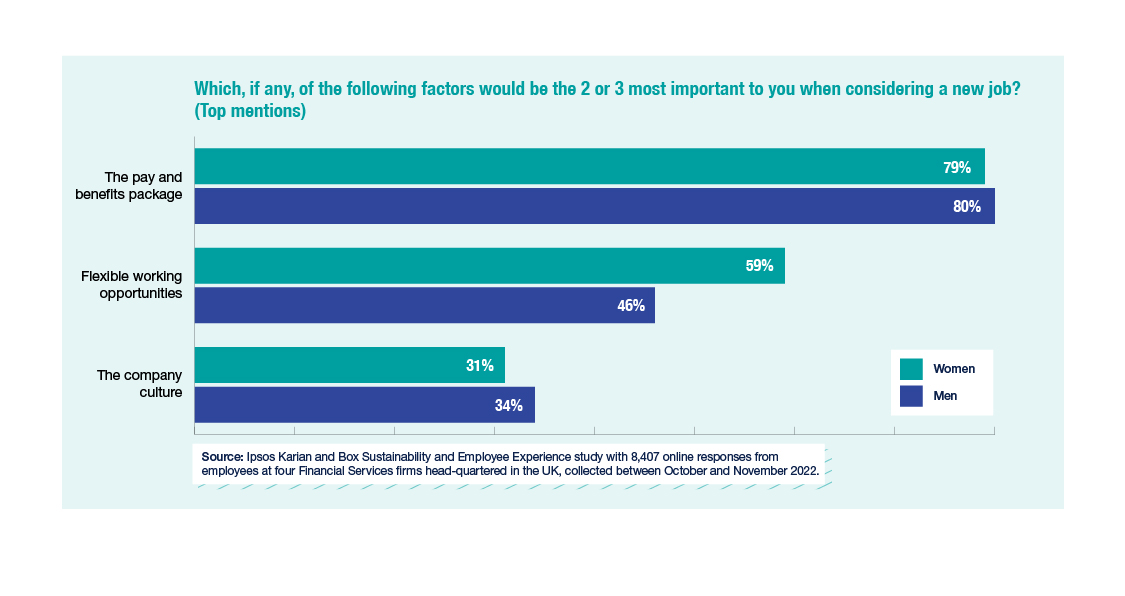
This is in part due to having children and managing childcare.
In this survey by YouGov, 38% of women who work full time and are married, in a civil partnership or living with a partner said they were responsible for most household and childcare responsibilities.
Three years after having a child, less than a third of women are in work full time vs. 90% of men.
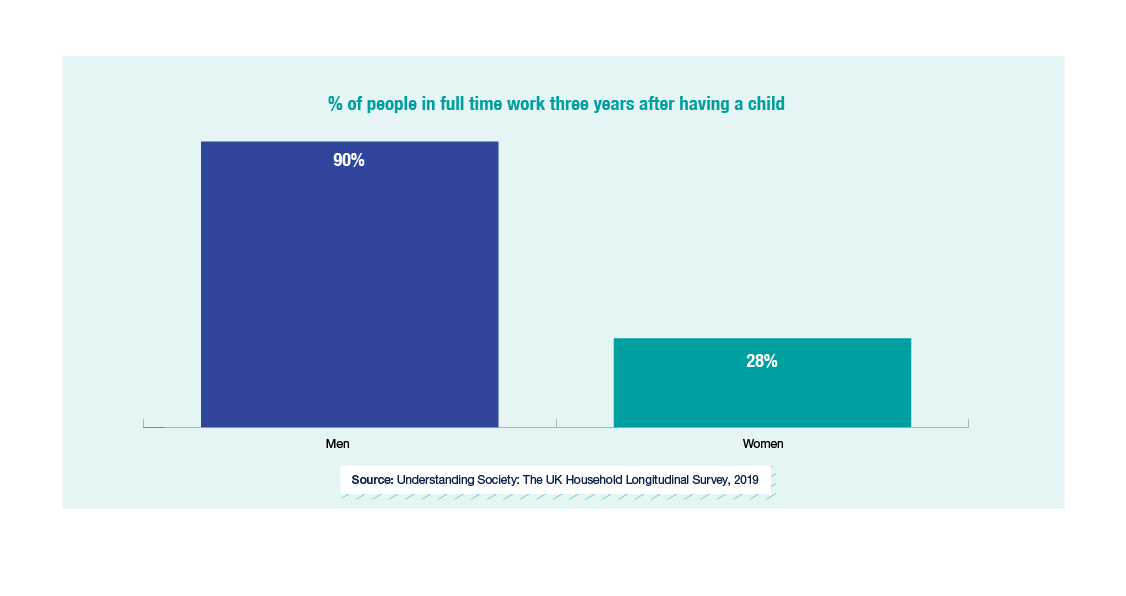
Many mothers would like to work more hours if they had access to suitable childcare.
This research from the Centre for Progressive Policy shows that over a quarter of mothers (27%) would work more hours if they had access to suitable childcare, while 18% said that a lack of such had prevented them from taking a job offering a higher salary.
Until systematic changes are made to support mothers who want to work more, organisations offering attractive and fulfilling part-time and flexible roles will have the edge in a tight talent market.
With many HR teams finding it harder to attract talent, organisations can make flexible and part-time working a competitive advantage in their employee value propositions.
As an added bonus, part-time working also benefits employee engagement and advocacy. Through employee research with two large UK retailers, we’ve found that part-time workers are typically more positive about their experience at work than those who work full time – except when asked about long-term career opportunities.
Despite the benefits of offering flexible working, a good deal of data suggests it is still fairly uncommon in the UK today: 46% of employees have no flexible working arrangement in their role.
Part-time working in particular is even less prevalent. Although the proportion of people homeworking has increased in recent years, the uptake of other forms of flexible working – including part-time working – has plateaued or decreased.
And, while managers are more positive about flexible working than ever before, 42% say employees need to work long hours to progress their careers.
So, what can organisations do to make flexible working work?
Achieving part-time working success takes effort from all sides. Our HR Business Partner Claire Benson has shared her guidance for employees and organisations:
For employees
- Be organised so you can work smarter – not harder – with the time you have.
- Record meetings or calls that you can’t attend so you feel caught up with what’s going on. (This is what I do with our company All Hands meeting as it falls on my non-working day.)
- Be open and proud of your achievements –you are responsible for raising awareness of your contributions. You can still make an impact and achieve your goals while working part-time.
For organisations
- Ensure the culture supports part-time working by having leaders champion and actively support this at every level of the organisation – even better if they are a working example of this.
- Be open to alternate organisational design such as incorporating job sharing – the employer gets a wider variety of skills, knowledge and experience for the role while the employee gets a work-life balance that suits them. Two heads are better than one, right?
- Embed manager behaviours that support part-time working, like planning ahead and having realistic and aligned expectations. The CIPD have some great guidance here.
This article was inspired by International Women’s Day 2023. Hear more of our views on gender equality in the workplace by following our LinkedIn page.
Ipsos Karian and Box




